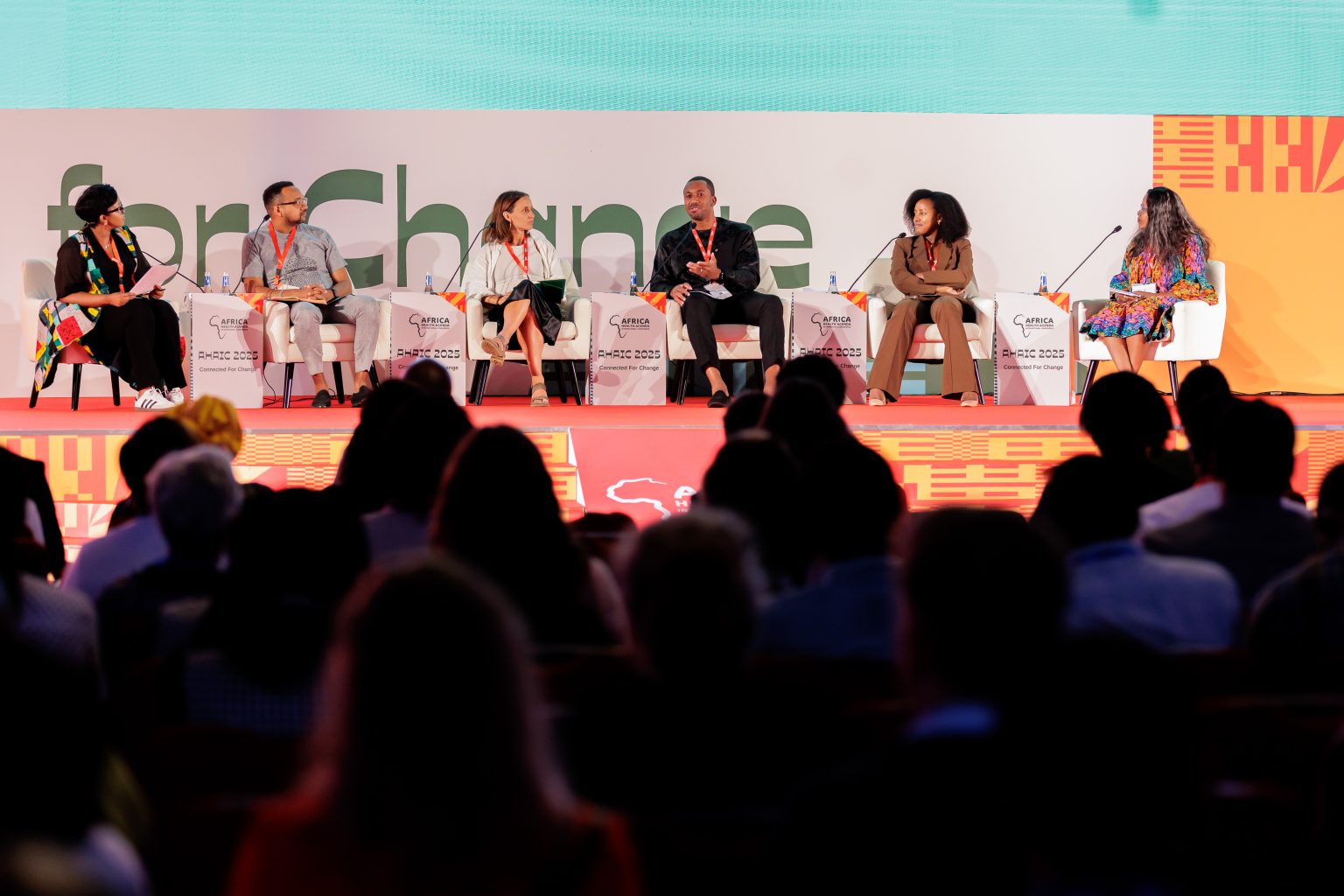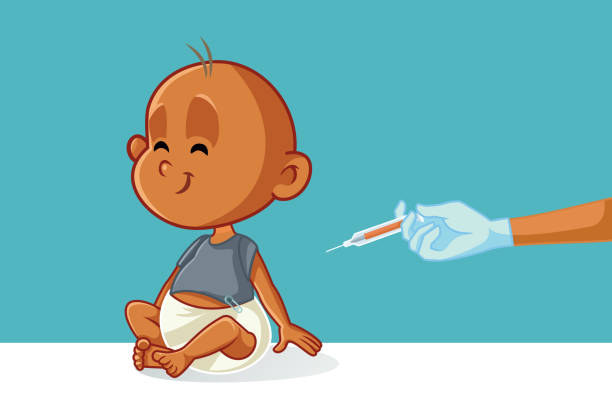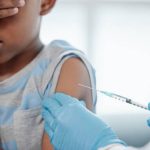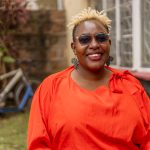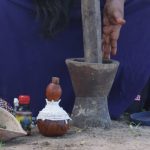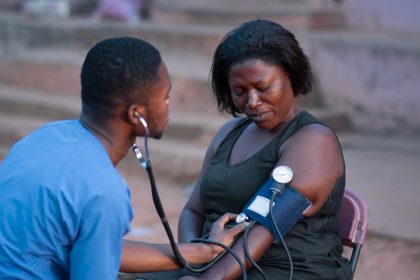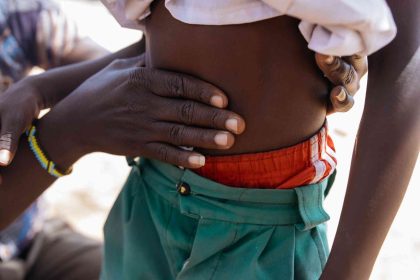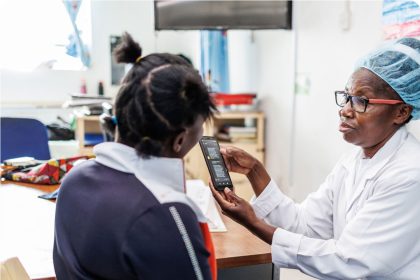In Kenya, M-TIBA, a mobile health wallet, has made affordable healthcare accessible to over four million people while in Rwanda, Zipline drones have completed over 500,000 deliveries of blood, vaccines and essential medical supplies
From AI-powered diagnostics to telemedicine and blockchain-driven solutions, the (AHAIC 2025) conference in Kigali, Rwanda, was the hub of futuristic health ideas aimed at transforming the continent’s medical landscape.
The big question is, how can Africa harness technology to bridge healthcare gaps and drive health equity? The discussions reinforced a bold vision where technology is not just an enabler but a catalyst for a healthier, more equitable future.
Speaking at the AHAIC panel discussion via teleconferencing, Prof Bitange Ndemo, a leading voice in Africa’s tech and innovation space, highlighted the impact of telemedicine and mobile health solutions to remote communities.
With Africa facing a shortage of healthcare professionals, Prof Ndemo, who is also Kenya’s ambassador to Belgium, argued that “Africa has the potential to leapfrog traditional development models through innovation. The future of healthcare on the continent lies in our ability to harness technology to solve real challenges.”
Providing teleconsultations to patients through mobile phones
One example is M-TIBA, a mobile health wallet developed in Kenya, which allows users to save, send, and receive funds for medical treatment via mobile phones. By partnering with healthcare providers and insurance companies, M-TIBA has made healthcare more affordable and accessible, benefiting over four million users across Kenya.
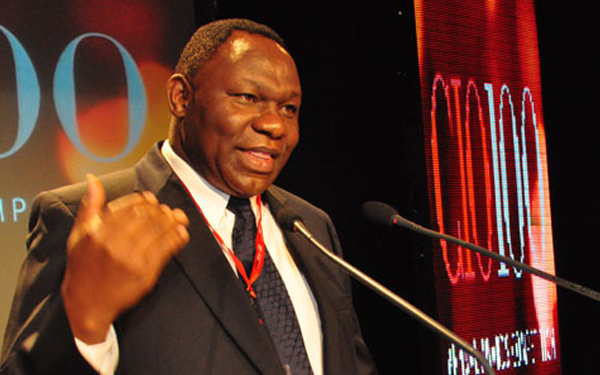
In Rwanda, Babyl, another mobile health application, has transformed healthcare access by providing teleconsultations to patients through mobile phones. With over two million consultations to date, Babyl has significantly improved access to quality medical advice, particularly in underserved areas.
Prof Ndemo also highlighted the role of drone technology in healthcare logistics. In Rwanda, Zipline drones have completed over 500,000 deliveries of blood, vaccines, and essential medical supplies, dramatically reducing delivery times and saving lives in emergencies.
Artificial intelligence and big data are emerging as powerful tools in healthcare, enabling faster and smarter disease diagnosis and prevention. Indeed, AI-driven technologies are revolutionizing treatment options and enhancing predictive capabilities in healthcare systems.
Affordable access to blood tests, ultrasound scans, and diabetic screenings
For instance, Ilara Health equips rural clinics in Kenya with AI-powered diagnostic tools at a fraction of the cost of traditional equipment. By providing affordable access to blood tests, ultrasound scans, and diabetic screenings, Ilara Health is improving early detection and treatment of diseases.
Meanwhile, IBM Research Africa is using AI-driven analytics to predict disease outbreaks like malaria and cholera. By analyzing weather patterns, population movement, and hospital data, these AI models help governments and health agencies respond to health crises before they escalate.
A great example is M-Pharma, a Ghana-based company has transformed Africa’s pharmaceutical supply chain. By creating an efficient drug distribution network, M-Pharma ensures that pharmacies and hospitals have consistent access to essential medicines at lower costs.
While technology is a powerful enabler, its success depends on integration with community-driven solutions. Prof Ndemo emphasized the importance of combining local knowledge with modern advancements to ensure widespread adoption and trust.
Fake drugs in Africa don’t come from Africa, yet we assume our products are inferior
In South Africa, researchers are collaborating with traditional healers to integrate indigenous medicinal knowledge with scientific research. This partnership fosters trust in modern healthcare systems while preserving valuable traditional practices.
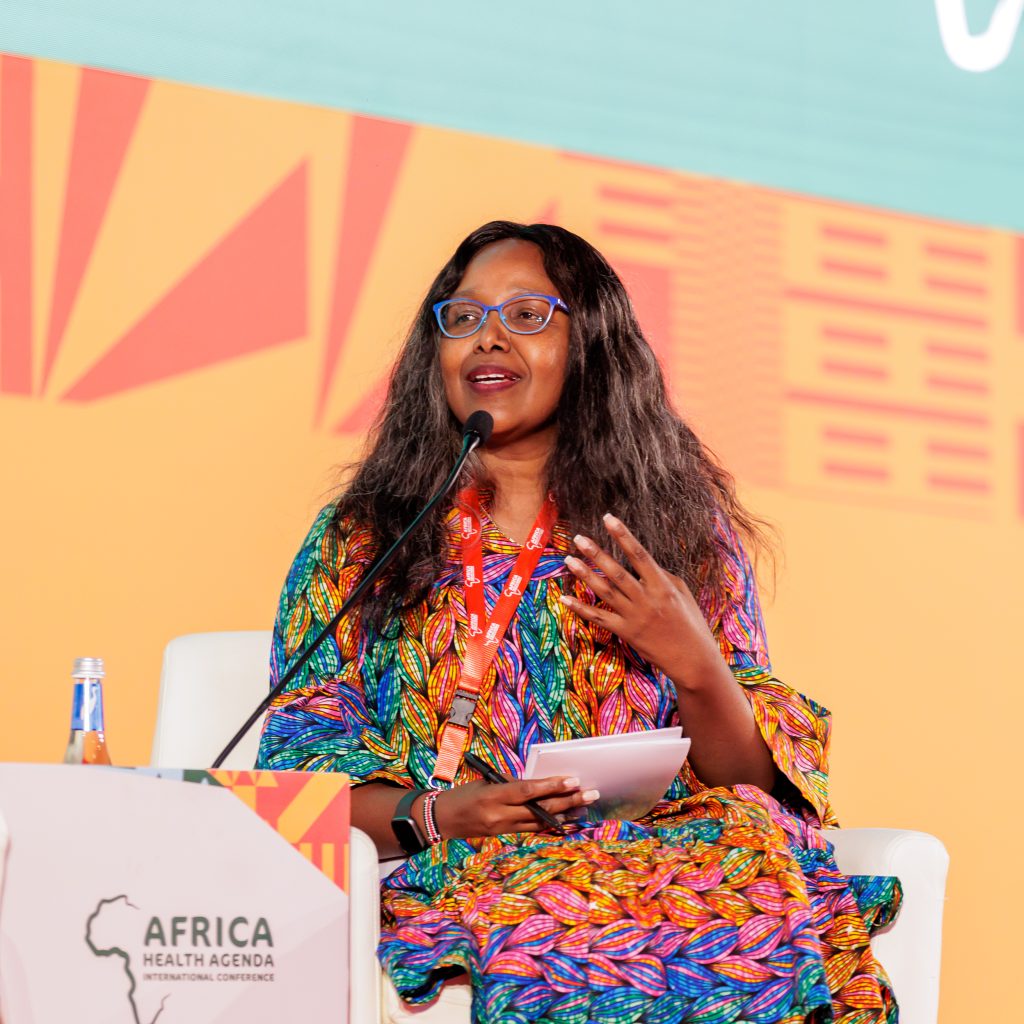
A key theme throughout the discussion was the need to challenge misconceptions about African-made health innovations. Dr Yaw Bediako, CEO and Founder of Yemaachi Biotech, addressed the stigma surrounding African-produced medical products.
“Fake drugs in Africa don’t come from Africa,” he said. “Yet, we assume that our products are somehow inferior. This mindset needs to change.”
Caroline Mbindyo, Chief Innovation Officer at Amref Health Africa, reinforced the importance of reclaiming Africa’s narrative considering that “We are resource-rich, with a young, educated population. We need to own our story and use it to drive innovation.”
The discussion also touched on the unequal investment landscape for African-led health tech startups. Dr Bediako emphasized the need for sustainable financing models to unlock Africa’s full potential since “African countries spend $40 per capita on health, compared to $14,000 in the US. We need to grow the pot by generating revenue through innovation.”
Africa contributes less than 2% of the data used to train AI systems
Dr Bediako advocated for government incentives to encourage private sector investment in health tech. “If I import a sequencing machine, I have to pay 40% duty. Can the government reduce this to five percent to support young startups?” he posed.
A major challenge raised was Africa’s underrepresentation in global AI datasets. Dr Bediako pointed out that Africa contributes less than two percent of the data used to train AI systems. “If your genome is not represented in the training data, targeted therapies may not work for you,” he cautioned.
He urged for increased investment in African-led research to generate data that reflects the continent’s diversity. “We need to stop asking to be represented and start generating our own data. This is the only way we can ensure that the value of that data benefits our economies,” he said.
The panellists agreed that the time for an African-led health revolution is now. By harnessing technology, investing in local talent, and fostering collaborations, Africa can reshape its healthcare systems and eliminate disparities.
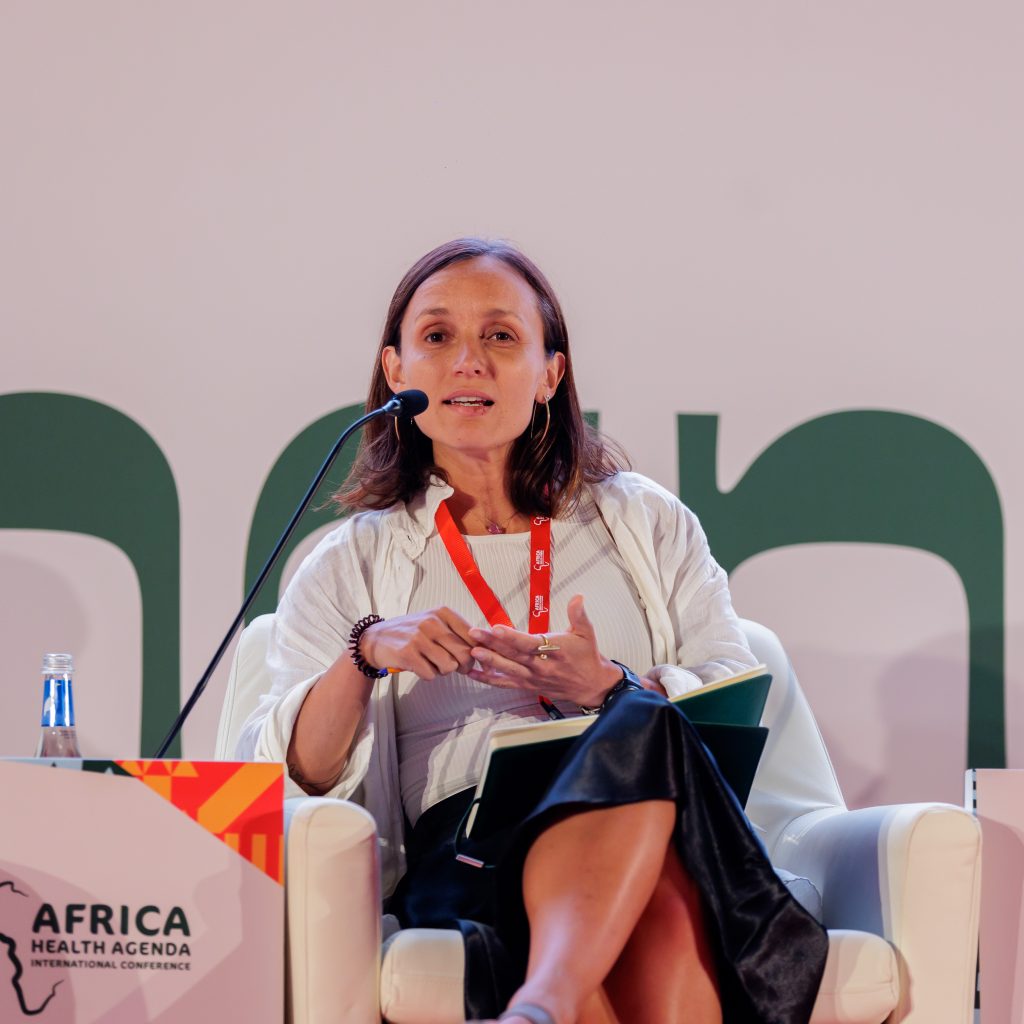
Dr Bright Gameli Mawudor, CEO of CyberGuard Africa, stressed the importance of nurturing young talent. “The youngest hacker in my team is 20 years old. He is the fastest coder I have. We need to guide and support this generation to build the future of Africa,” he said.
Africa must invest in its people, generate its own data, and shift perceptions
Rositsa Zaimova, CEO of Dalberg Data Insights, emphasized that technology must be people-centred.
“We cannot solve these problems if we do not engage with communities and address their real struggles,” she said.
From telemedicine and AI to community-driven solutions, Africa is actively leveraging technology to tackle its most pressing health challenges, but the panellists emphasized that to truly achieve health equity, Africa must invest in its people, generate its own data, and shift perceptions around African-made solutions.
By doing so, the continent can create a healthcare system that is accessible, affordable, and tailored to its unique needs and aspirations.
As Dr Bediako aptly put it: “We need to overcome our failures of imagination and aim to solve the world’s problems, not just Africa’s. Wakanda is here—we just need to see it.”



